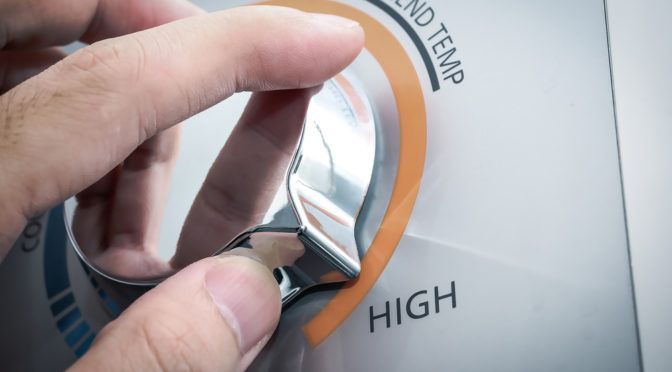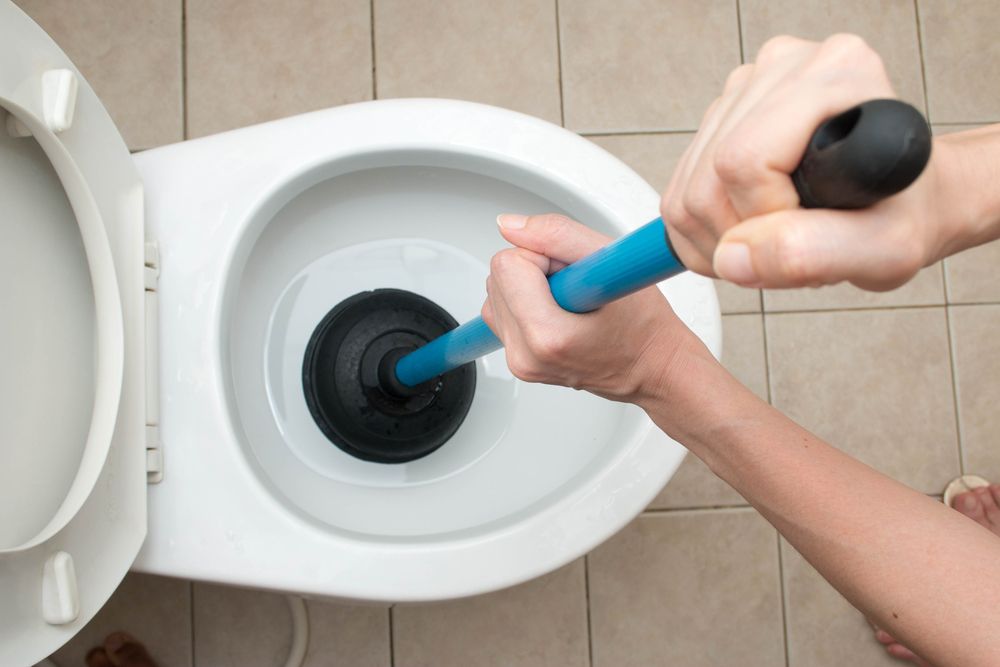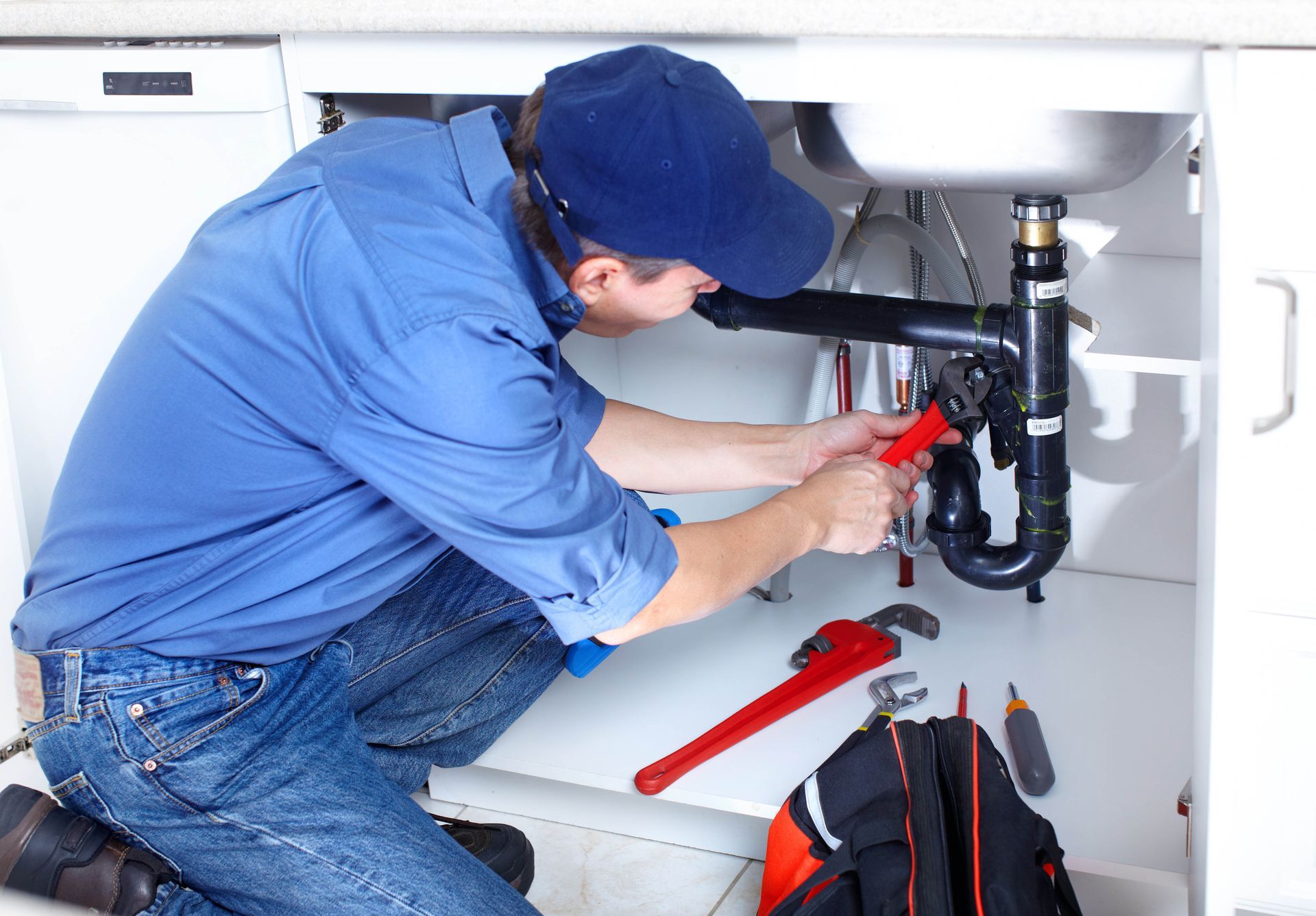Angie's List and NextDoor's Favorite: 2017 -2024
There are many factors to consider when considering a tank vs tankless water heater. For example, the life of the unit. Did you know a properly maintained tankless water heater can last 25 years or more? This more than doubles the life of the old ‘tank’ variety of water heaters. These days, a tank-style unit comes with a measly 6 year warranty. You can buy an added 4-6 year warranty. However, that’s going to cost you 250-500 more. By this time you could purchase a tankless unit. Gone are the days of the tank type water heaters lasting 15-20 years.
What are the pro’s and con’s of a tank vs. a tankless water heater?
Energy Efficiency
According to Energy.gov, a tankless unit can be up to 34% more energy efficient than the tank-style unit. Why? Because the old tank-units are continually heating the water in the tank. If you aren’t using the water, it cools down only to be reheated again and again. This uses a lot of energy.
Cost Considerations
While the tankless units save you money over time, they are more costly upfront. The primary disadvantage to a tankless unit is the upfront cost. Tankless units can cost you 2-3x what the old tank style units cost. Couple that with retrofit issues, your unit may require running electrical or moving water or gas lines and the overall cost of a tankless is higher than the tank model.
Space Considerations
A tankless water heater saves a lot of space. They can be installed in an attic, garage, closet or outside taking up very little space. This frees up the closet or area the old tank was located. Saving space is a major benefit to the tankless unit.
Endless Hot Water
Tankless water heaters actually heat the water as it flows. Your plumber will figure the best flow rate or gallons per minute. Depending on the square footage of your home, the number of people or the desired output, you can handle a shower or two plus appliances. This is a huge benefit for large families since the volume can handle showers, baths and appliances at the same time.
Flood Stop
Since there’s no tank to rupture, flooding issues are minimized with the tankless units. If your tank or tankless unit is located on the 2nd floor or an attic, a flood stop will minimize the chance for flooding. A Flood Stop works by shutting off the water heater unit and sounds an alarm if moisture is detected. Flood Stops can be installed for a tank or tankless unit. Tankless units offer peace of mind for this reason.
Electric and Gas Considerations
Gas water heaters generally cost less to operate than electric. However, a gas model water heater costs more up front. Gas considerations are true for both tank and tankless units. Many years ago, electric tankless units were not recommended. However, these days we install electric tankless units all day long. Electric tankless water heaters are extremely energy efficient. 98% of the energy used by an electric tankless is used to heat the water. They produce little to no greenhouse gasses. We install the Steibl Eltron which offers award winning features.
The top brand tankless models include the below which are linked to more information:
There are considerations to make when deciding on a tank vs tankless style water heater. Of course, contact Duncan Plumbing Solutions should you need professional and experienced help with installation, service or repair of your tank or tankless water heater.
The post TANK OR TANKLESS WATER HEATER? appeared first on Duncan Plumbing Solutions.






SERVING
and Surrounding Areas

HOURS
Hours:

CONTACT US
Master License # M-39624























Share On: